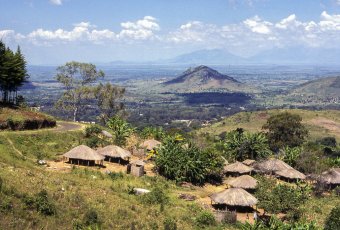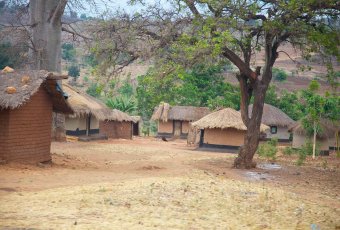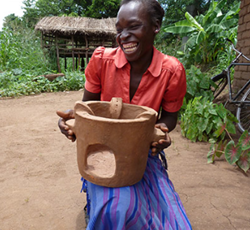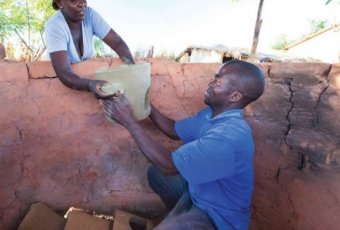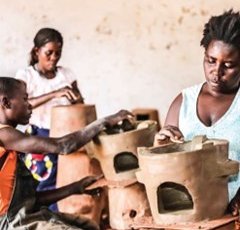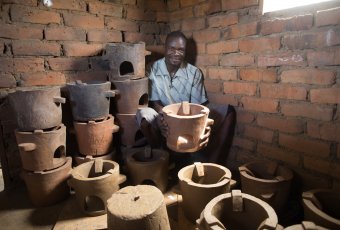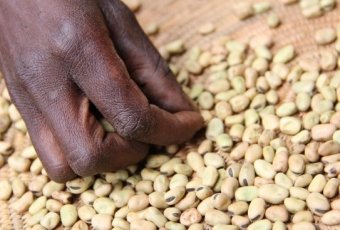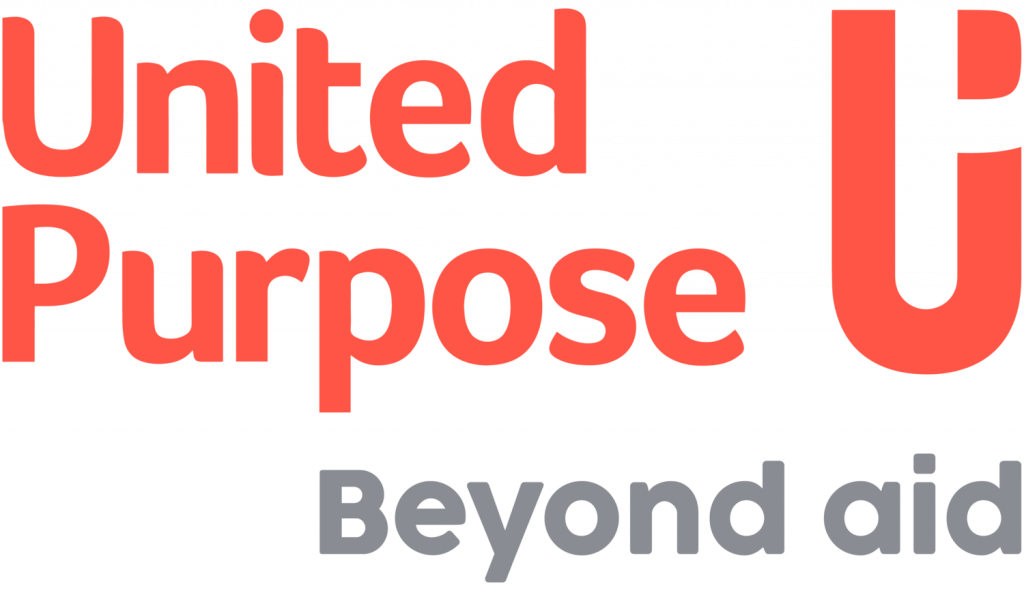The context
A long country in South-eastern Africa, Malawi is bordered by Zambia, Tanzania and Mozambique. It hosts Africa’s third largest lake, Lake Malawi, and offers its visitors a wide range of National parks, several wildlife parks and high mountain plateus throughout its territory.
With 85% of its population living in rural areas, the country’s economy mainly depends on agriculture. And the rural communities mostly uses wood and crop residue as a cooking fuel to feed their families. In the past decades, the Government of Malawi has set an ambitous strategy to phase out open fires. This transition has successfully generated the creation of production groups, essentially led by women, who were specifically trained to build high-quality efficient stoves.
The project
In 2020, Livelihoods launched 10-year initiative to distribute clean stoves to 60,000 households in the districts of Zomba and Machinga, in the southern region. The project is implemented together with United Purpose, one of Malawi’s largest NGOs which has more than 30 years of experience supporting rural communities across various areas such as sustainable energy, agriculture, nutrition, or climate change-related issues.
In this part of the country which is one of the most populated ones, the project is implementing the distribution of “Chitetezo Mbaula” stove which means “protecting stove”. The distribution model is adapted to the local context. To date, 30,000 clean stoves have already been distributed for free to low-income families, thanks to the tremendous support of women groups and our partner NGO who are reaching out to he most isolated households. 25,000 additional stoves have been commercialised at production cost and with incentives. Each family who purchases a clean stove receives 1 kilo of pigeon peas in exchange. Pigeon peas is a nutritious & fast-gowing food crop which generates food and income for rural families, and is therefore highly valued, especially during the dry season.
The project also relies on a strong collective approach and existing community spirit. All families purchasing a clean stove will benefit from the reparation of the village boreholes, during the whole duration of the project. In total, the project aims to avoid the emission of more than 1 million tCO2 over 10 years.
Social, economic & environmental impacts
Women beneficiaries involved in the project have already expressed that the stoves are very efficient, and they use significantly less wood. Their families depend on the stoves exclusively, so if it breaks, they rapidly need to replace it by a new one. They also shared that the stove helps preserve their children’s health (versus openfire stoves) and their own. They appreciate the fact that the stoves are portable, which means they can cook inside but also outside their homes with their neighbours.
In terms of environmental benefits, the transition to clean stoves is helping reduce wood consumption by up to 60%. The project is relying on the existing clean stove-production groups and is generating additional 270 jobs for the distribution of stoves in the villages of Zomba and Machinga. Project activities involve a strong network of village chiefs, retailers, distributors and other NGOs to ensure the commercialisation of the stoves. Women play a key role for the manufacturing of the stoves, but also to distribute and raise awareness about the health benefits of clean stoves across rural communities.
Our partner
United Purpose is an experienced and international NGO whose focus is to implement a holistic approach based on the strength of communities, to positively impact peoples’ lives. The NGO began working in Malawi in 1988, with the initial mission to support refugees in the content of the Mozambican civil war. Today, it is one of Malawi’s largest NGOs, with close to 200 local employees who working across 17 districts in the country. United Purpose supports rural communities in areas such as sustainable energy, Water, Sanitation and Hygiene (WASH), agriculture, nutrition, food and income, and climate change-related issues.
Learn more about United Purpose



